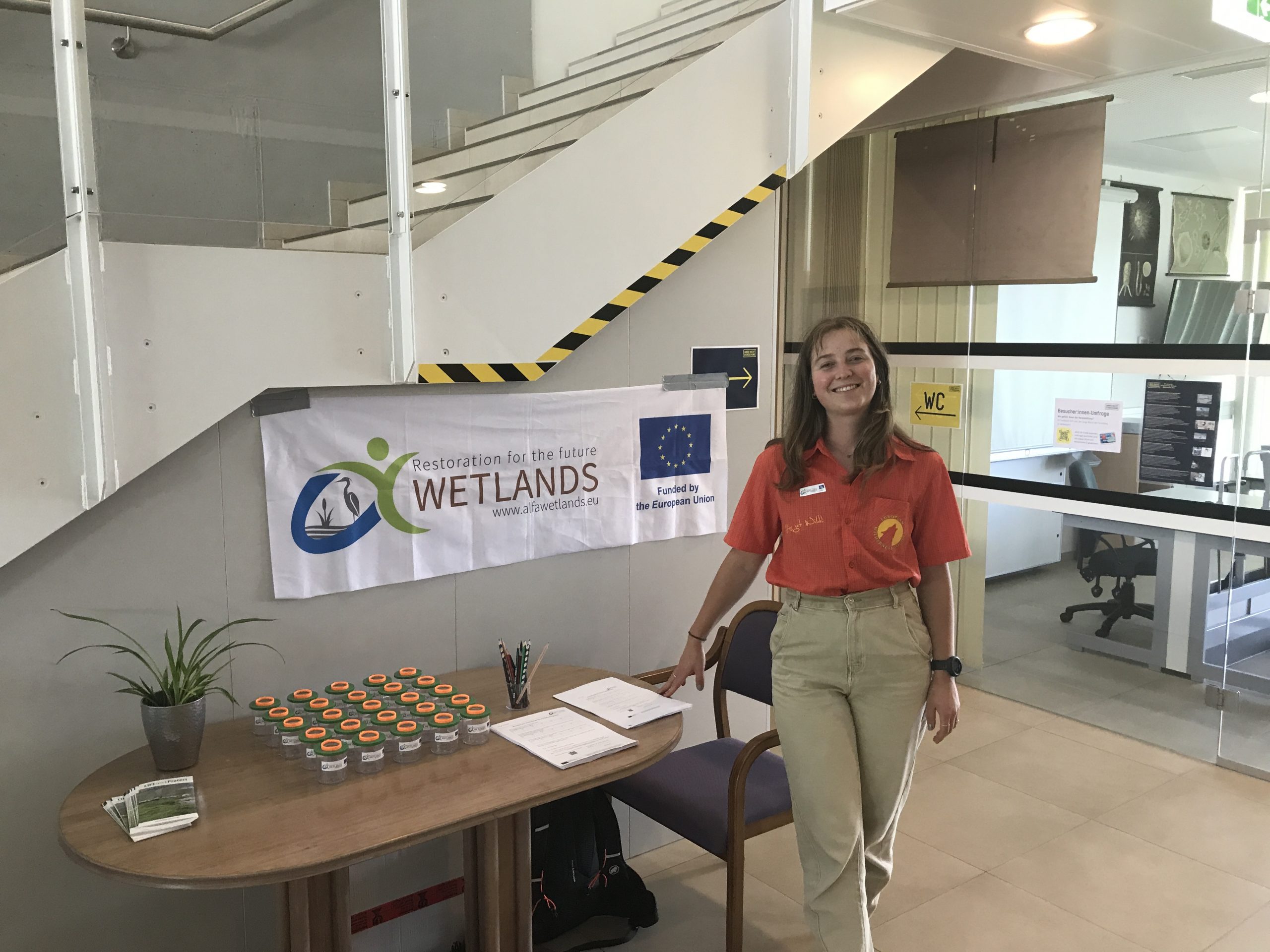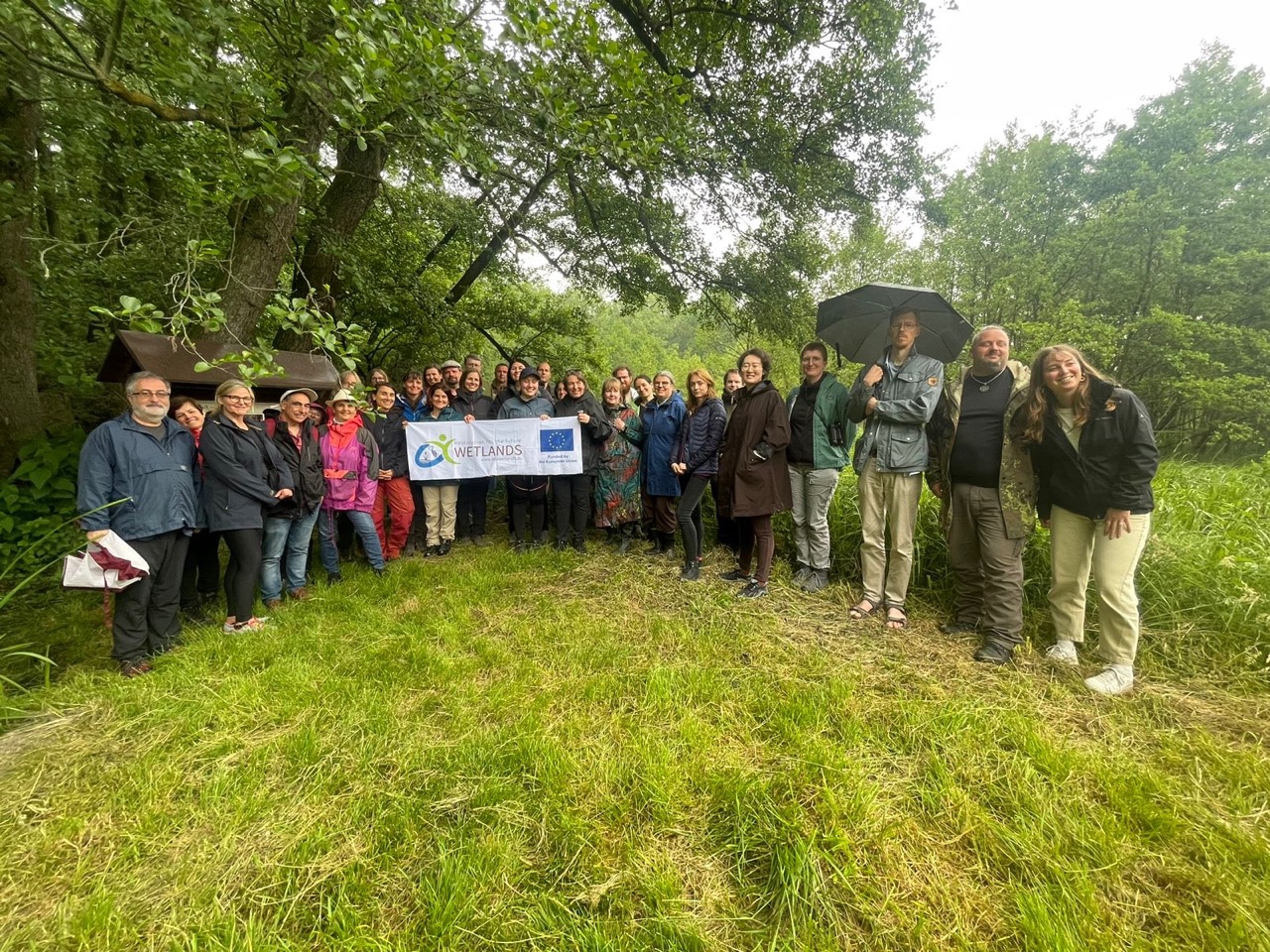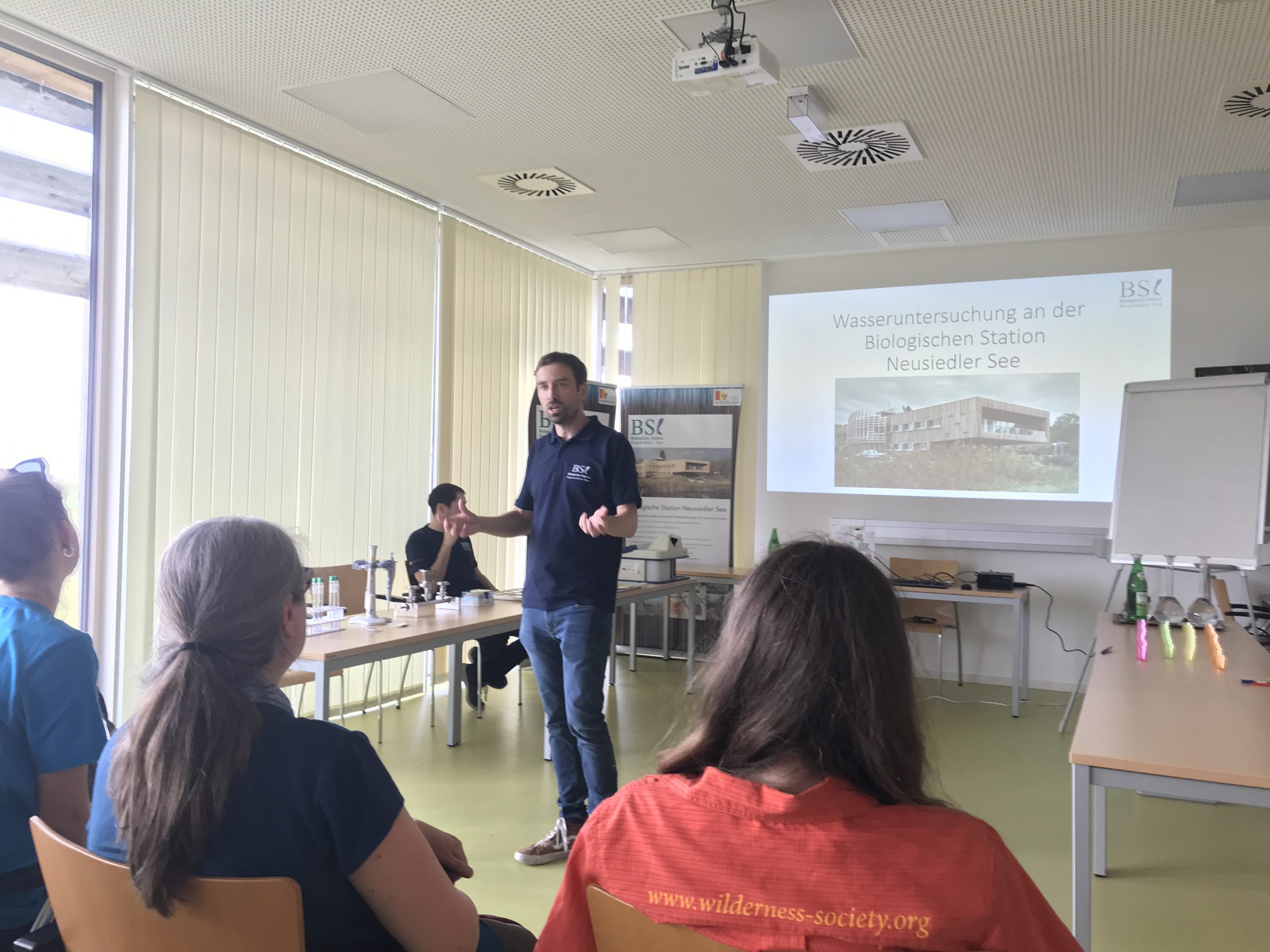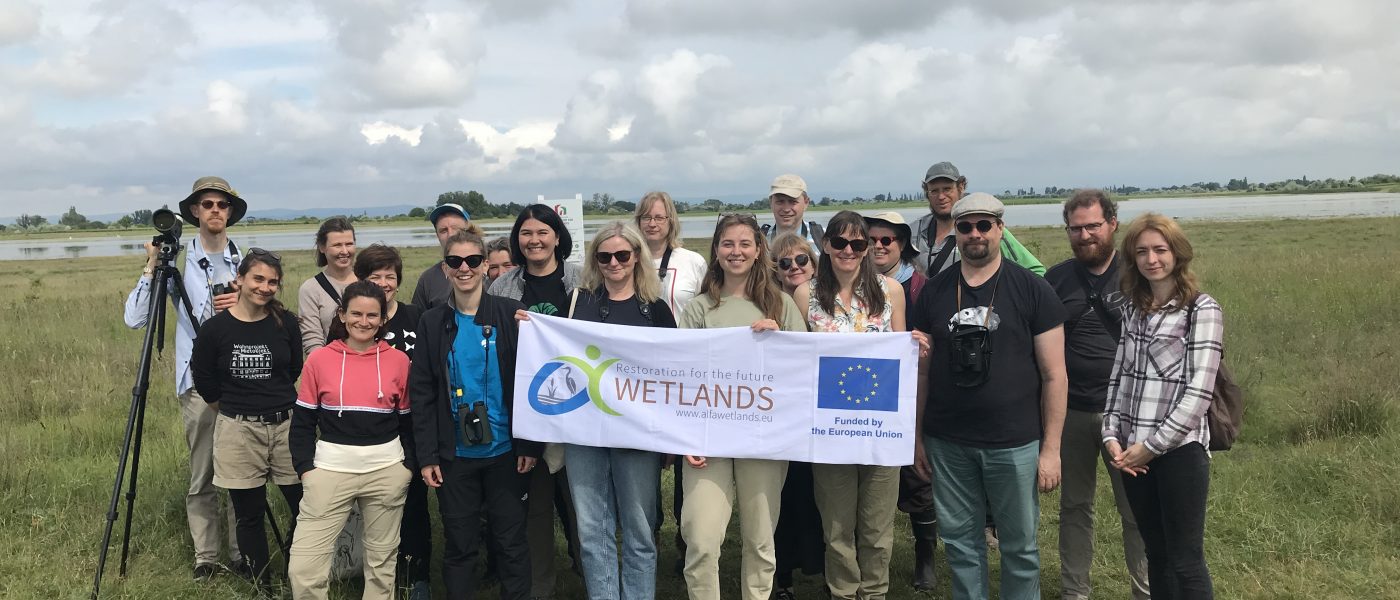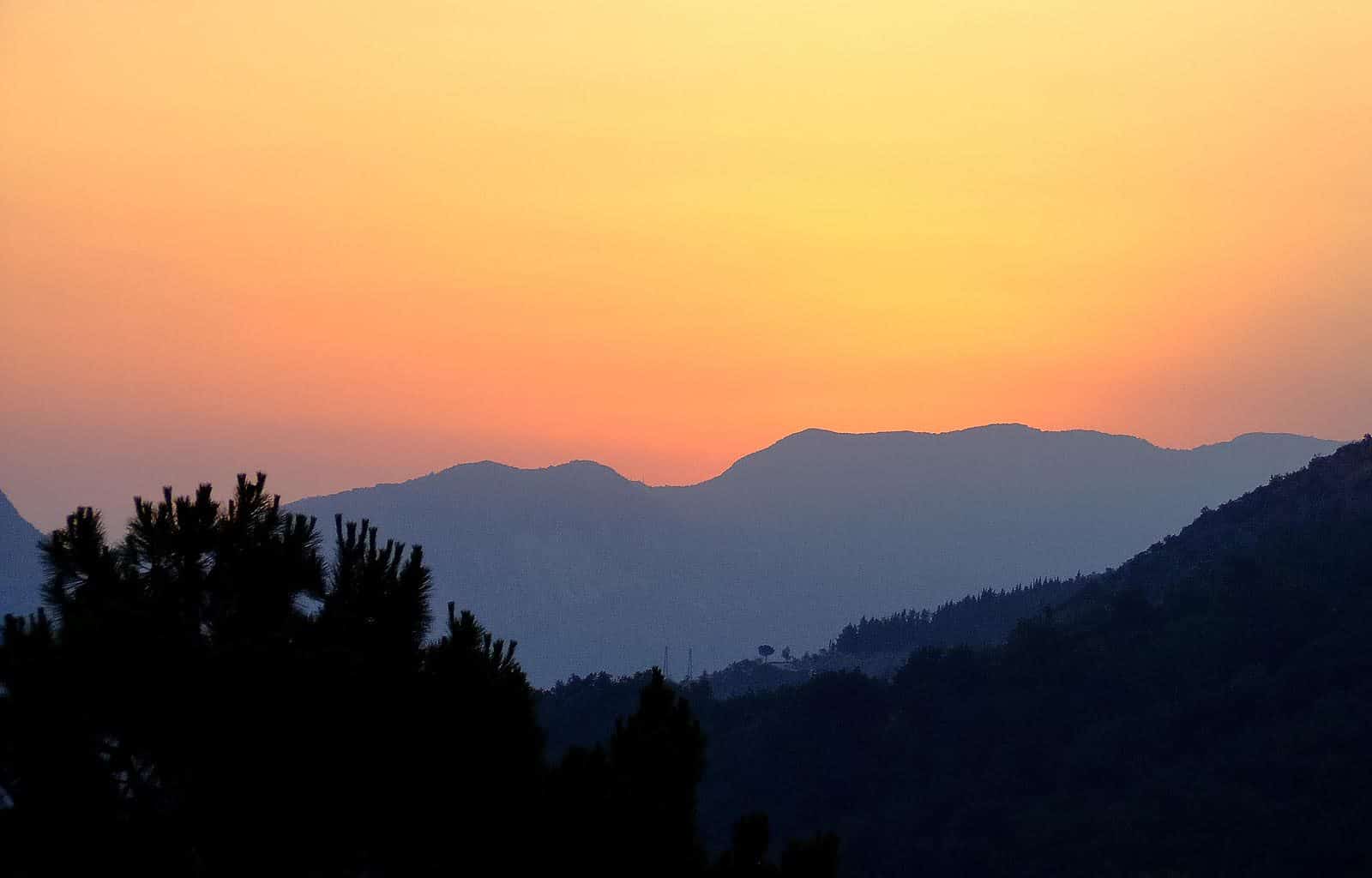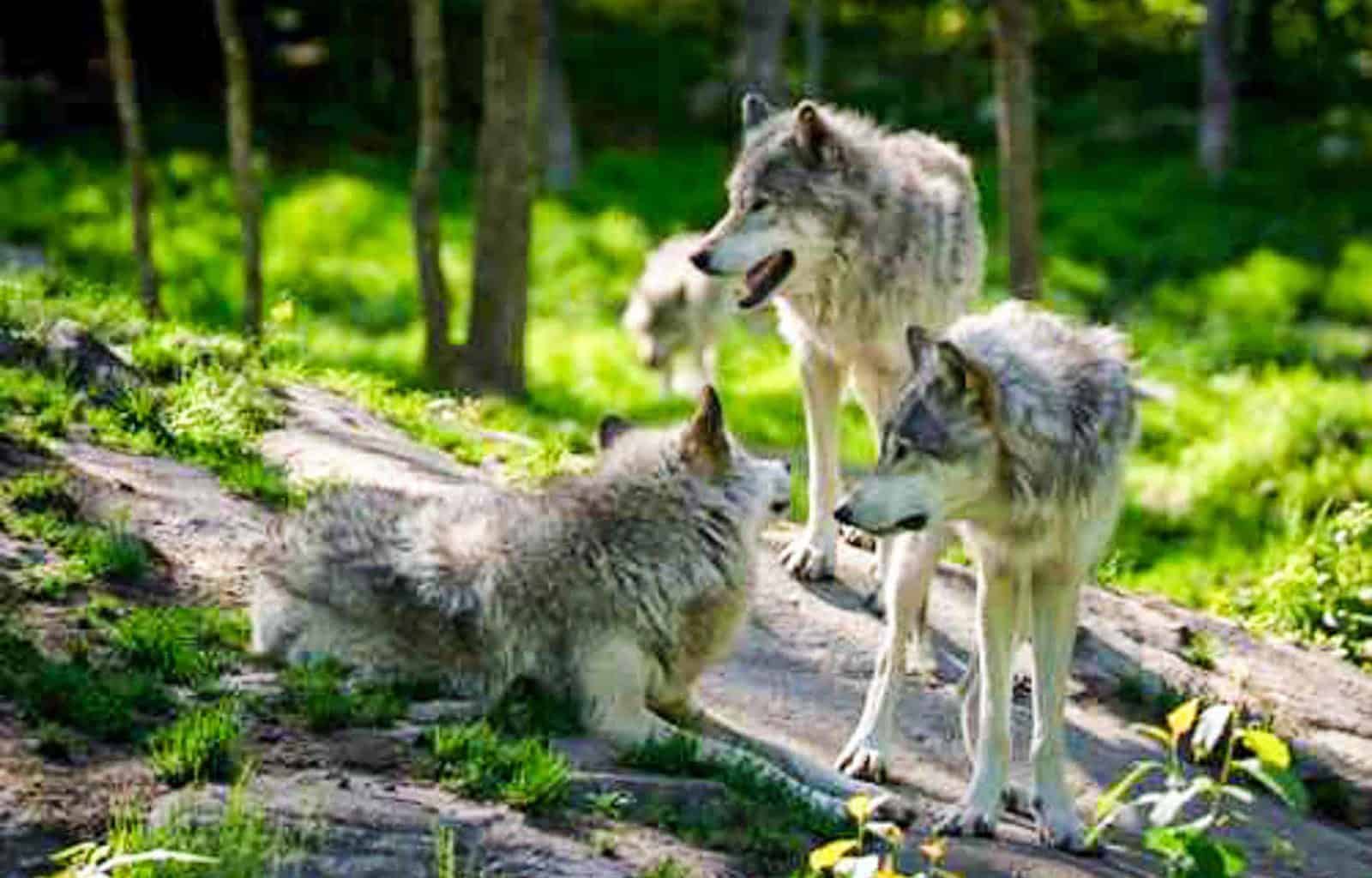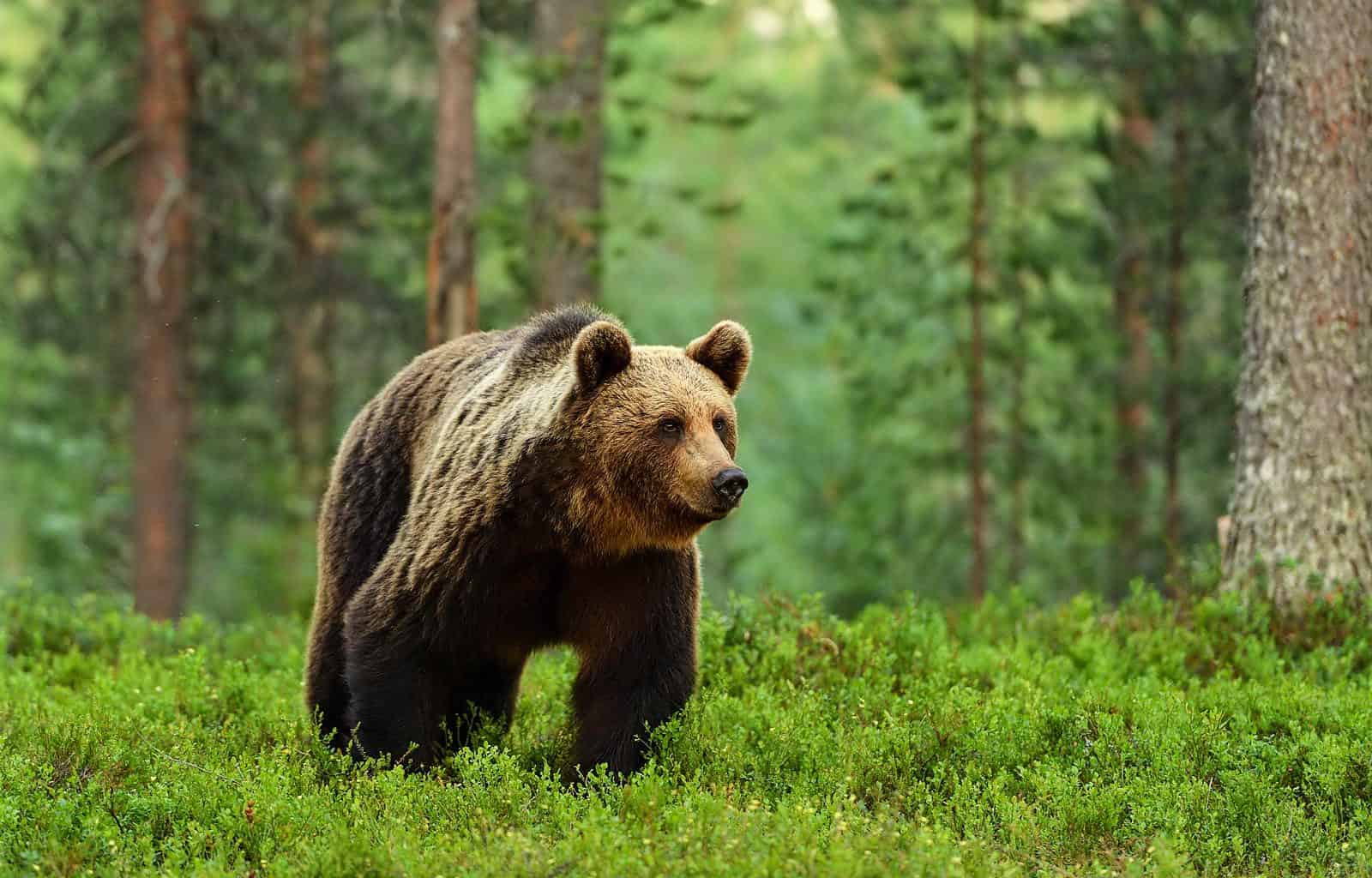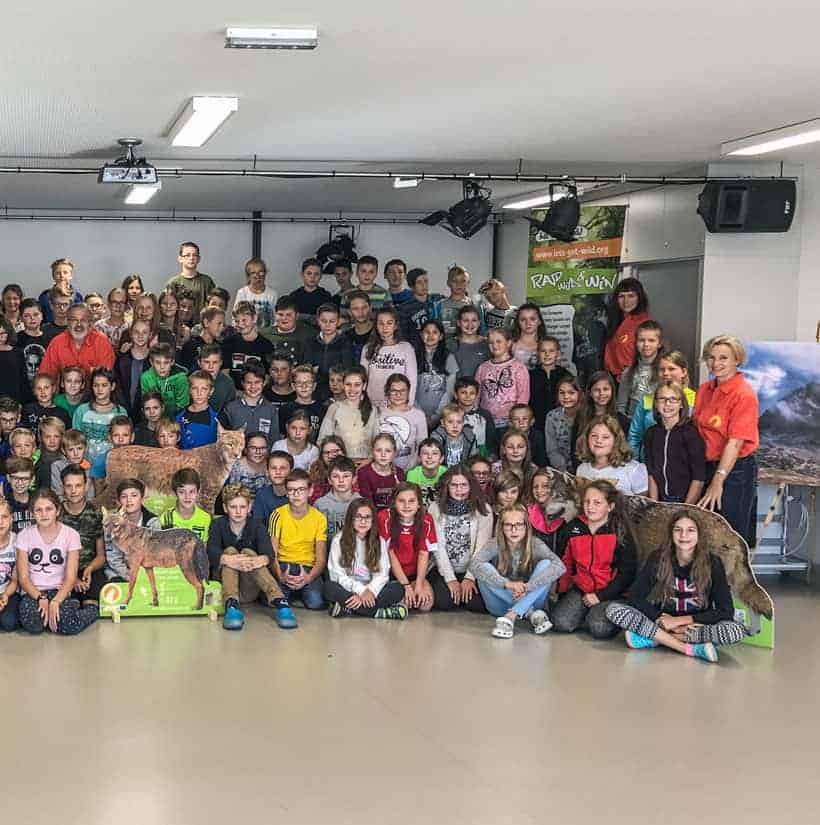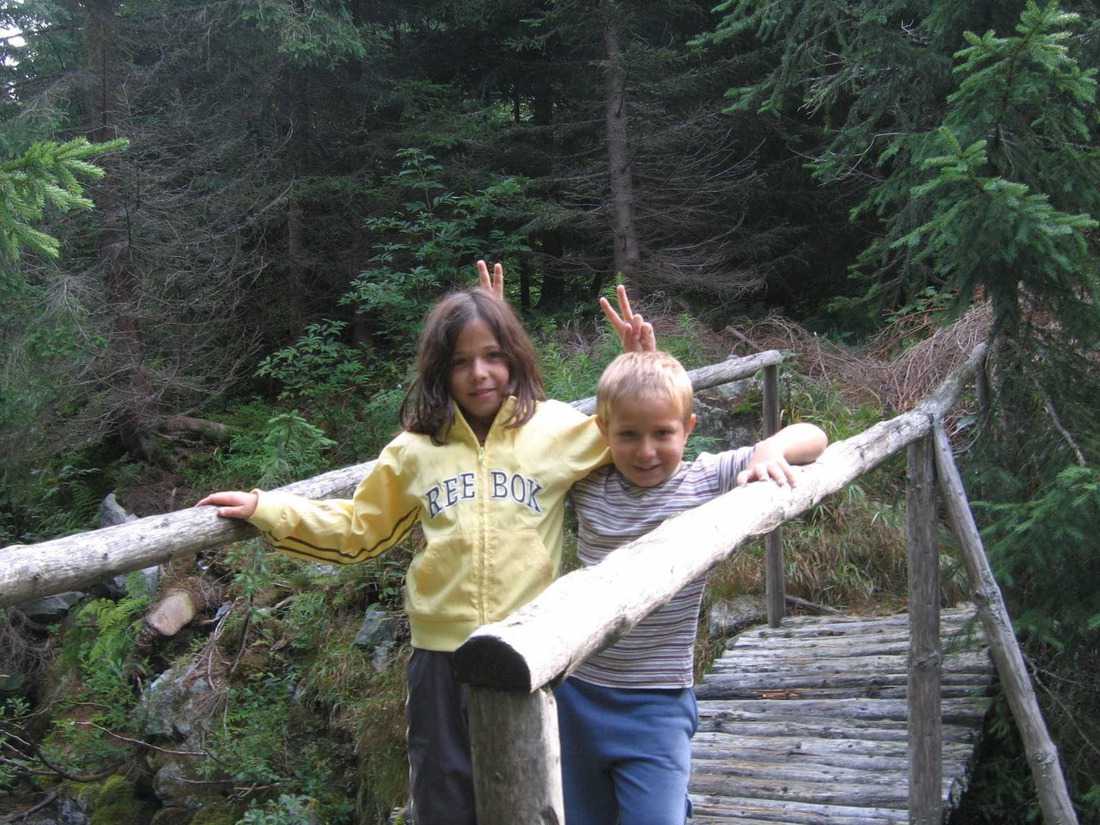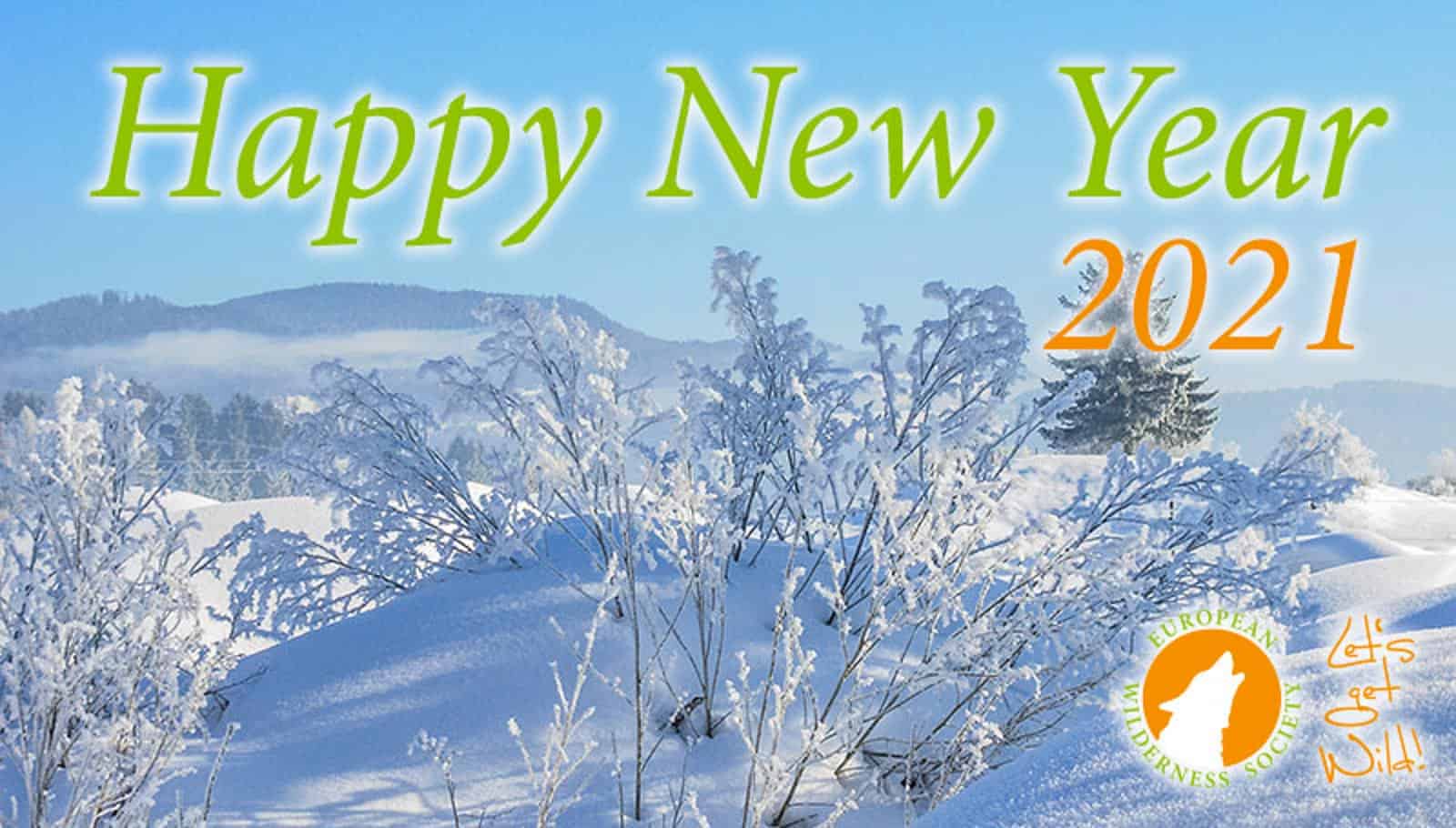European day of parks
The European Day of Parks (EDoP) on the 24th of May, is a commemorative day for Protected Areas across Europe that was launched in 1999 by the EUROPARC Federation to celebrate Protected Areas throughout Europe. It celebrates the creation of the first National Parks in Europe – a set of nine parks created in Sweden in 1909. The European Day of Parks aims to bring people closer to nature and raise public awareness on the importance of the natural beauty preserved in protected areas and the importance of conservation and sustainable management of those places.
The European Day of Parks provides an opportunity to celebrate the diverse array of protected areas found across Europe, including national parks, nature reserves, biosphere reserves, and other designated conservation areas. These protected areas serve as sanctuaries for wildlife, habitats for rare and endangered species, and havens for outdoor recreation and nature-based tourism.
One of the central goals of the European Day of Parks is to connect people with nature and promote outdoor recreation and eco-tourism. Parks offer opportunities for hiking, birdwatching, photography, camping, and other outdoor activities that allow visitors to experience the wonders of nature. Interacting with nature is important for physical and mental health, highlighting the necessity for humans to have parks near their living space.
ALFAwetlands Conference at the National Park
European Wilderness Society is a partner in the HORIZON project ALFAwetlands and is running Austrian-Hungarian Living Laboratory, which includes territories of the Austrian National Park Neusiedler See Winkel and Fertő-Hanság National Park.
Between 21-24 May, European Wilderness Society organised the Mid-term Conference of ALFAwetlands in Illmitz, Austria at the Austrian-Hungarian Living Lab. During the Conference participants had a possibility to learn about restoration projects at Neusiedl Lake, its biodiversity and climate change adaptation and mitigation measures, get insights about the knowledge provided by Living Laboratory, interact with the international diverse research group and establish further cooperation and synergies.
Participants also had an opportunity to visit Fertő-Hanság National Park where part of the Austrian-Hungarian Living Lab is located. Together with the Park representatives, participants of the Conference had a chance to hear the history of the national park and see the efforts made to restore and rewet nearly dried wetland. The water level is regulated manually, and researchers try to imitate the natural process to help wetland restoration. Early results show that biodiversity boomed after wetland restoration processes started. Many species of birds returned to the park and now there are over 300 different types of birds. Fertö-Hanság National Park is protected, and visitors cannot access its every part, but there are special places where people can do birdwatching.
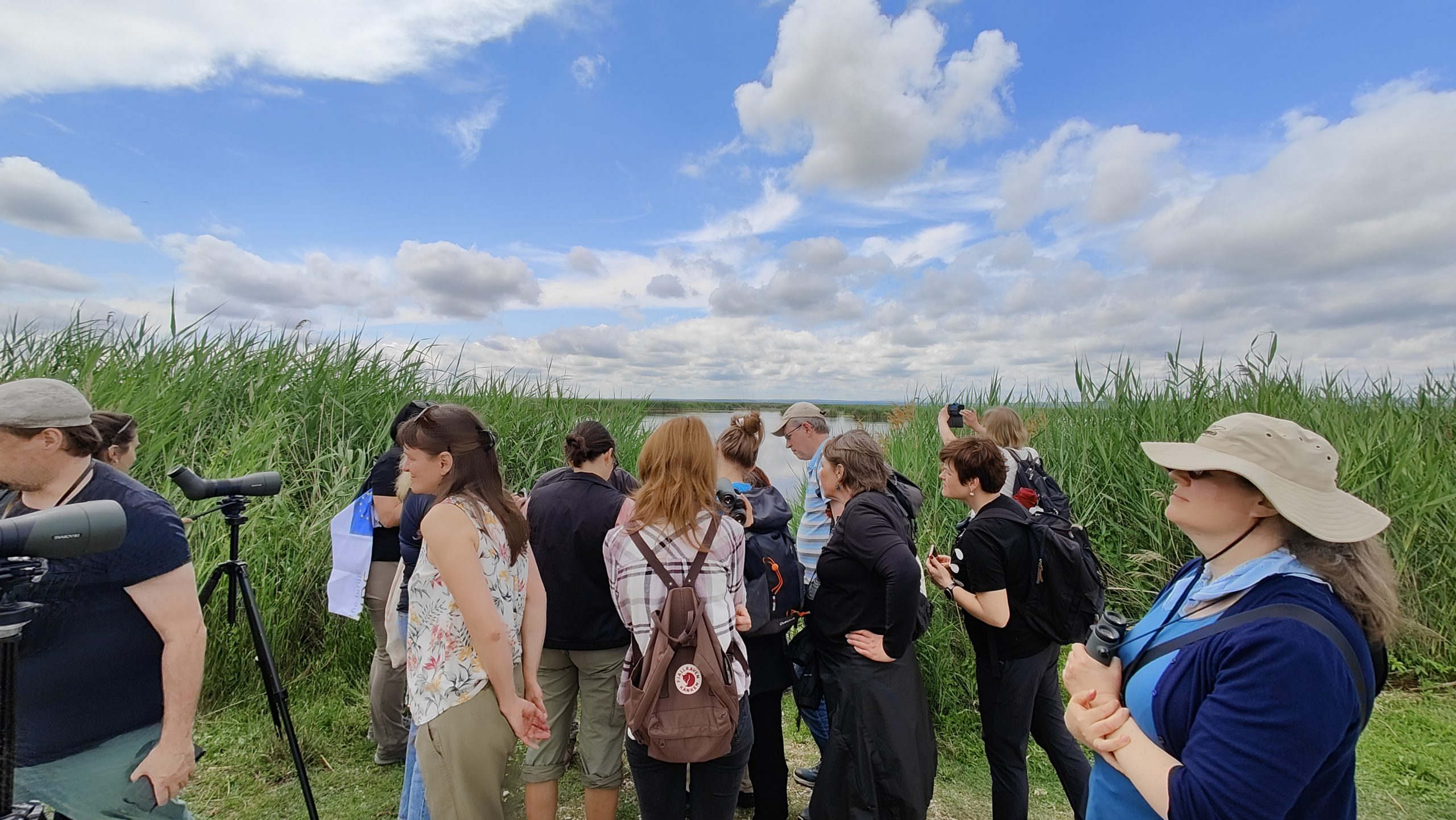
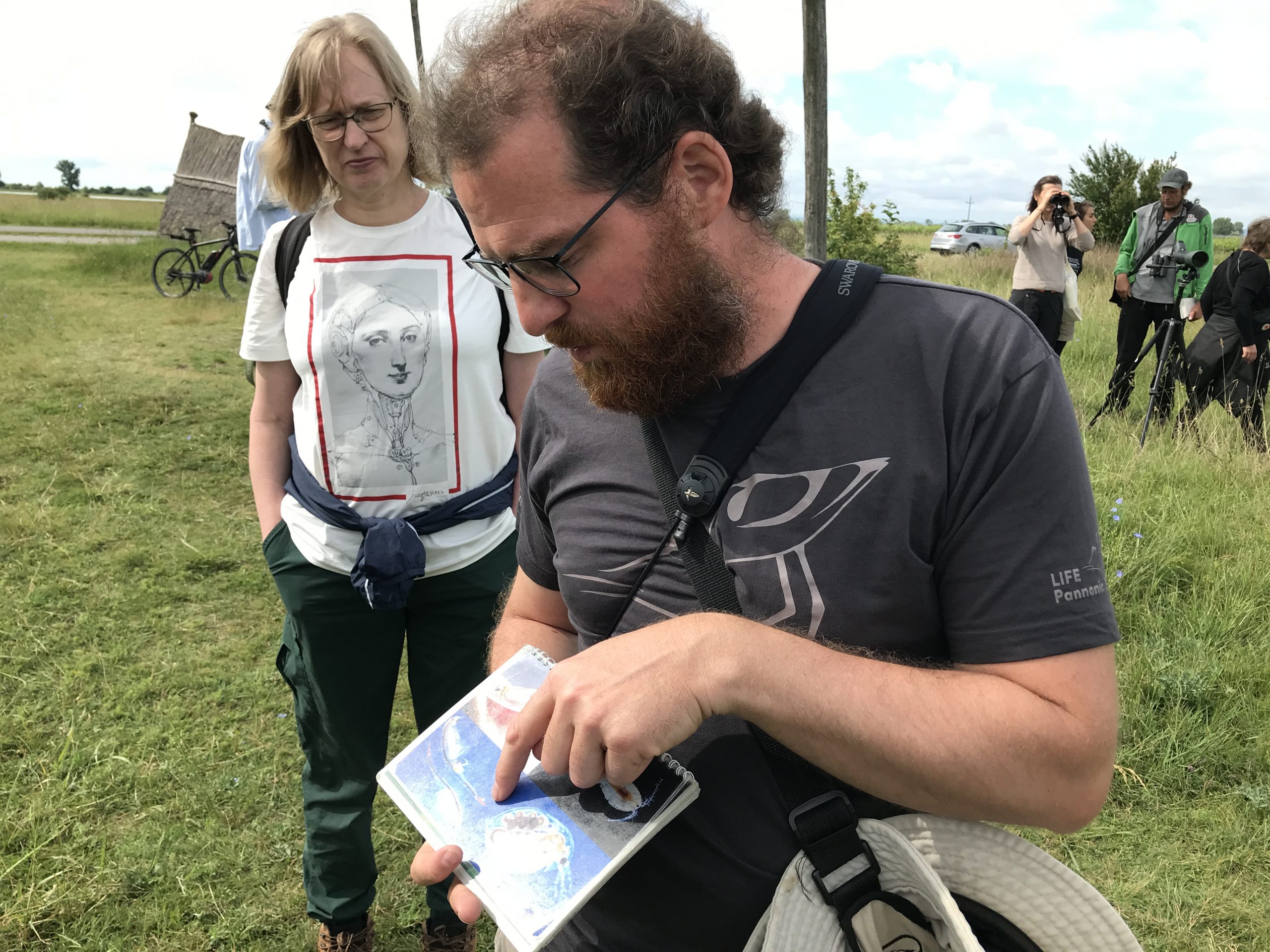
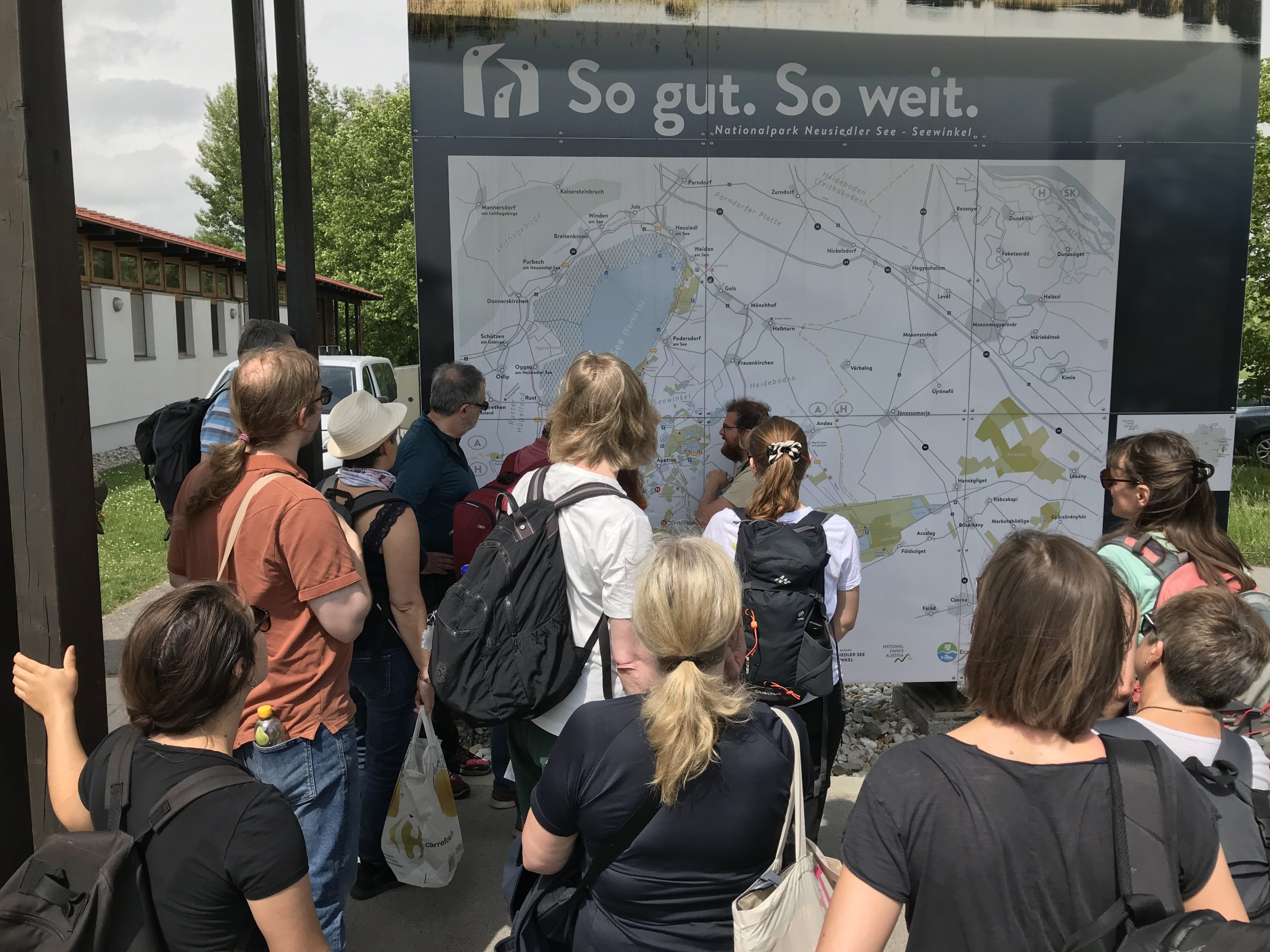
Living Lab Open Day at Neusiedler Seewinkel National Park
On 24th May ALFAwetlands Austrian-Hungarian Living Lab Open Day took place at the Seewinkel National Park in Illmitz, Austria.
Visitors could also learn about the ALFAwetlands project, its Living Labs, restoration activities, in addition to various interesting information about Lake Neusiedl and research that is conducted there.
A Living Lab is a research concept, iterative, open-innovation ecosystem, often operating in a territorial context, integrating concurrent research and innovation processes within a public-private-people partnership.
Living labs are the areas, where researchers can study wetland restoration and its effects.
The Living lab Open Day is combined with the Austrian regular Long Night Research and supports citizen science activities, awareness raising and public involvement into wetlands protection.
During the Open Day, participants had a chance to enjoy the Living Labs Photo exhibition, participate in the field trips to Neusiedl Lake, take part in the ALFAwetlands Quiz and won prizes, supporting citizen science.
International consortium of ALFAwtlands was happy to explore fascinating Hungarian and Austrian National Parks and learn more about their research and citizen involvement activities.
